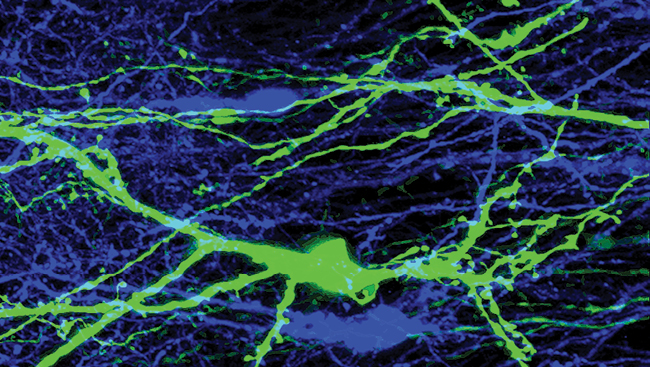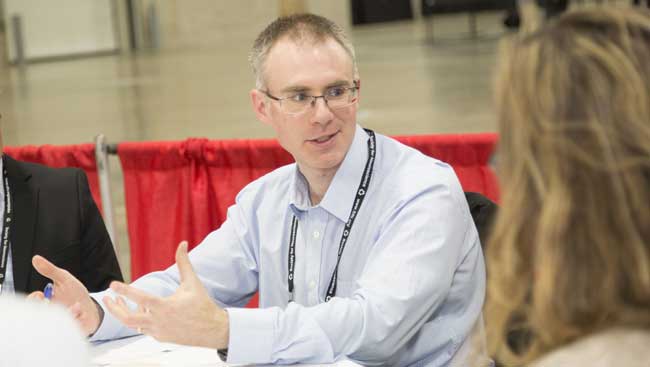How to Present Science Using Visual Tools
- Featured in:
- SfN Annual Meeting Recordings
Feb 28, 2017
Making your science visually appealing can better engage your audiences and help them understand important research topics. Fortunately, different tools exist to help you present your science in compelling and creative ways. Speakers with experience developing science videos, animations, graphics, and other presentations explain the benefits of sharing your work in visual ways and tips on how make the most of available resources in this video.
Speakers

Scott Thompson, PhD
Scott Thompson is the chair of the department of physiology and professor of physiology and psychiatry at University of Maryland School of Medicine. His research focus is primarily on the biological basis of depression. Using realistic animal models of depression, he has formulated a new way of thinking about what's wrong in the depressed brain, enabling his lab to develop a novel class of drugs as rapidly acting antidepressants. He has served in leadership positions at SfN as Program Committee chair and, currently, as Public Education and Communication Committee chair. One of his goals in this capacity is to promote the ability of all SfN members to communicate their science to the general public.
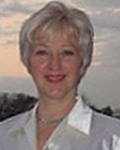
Lora Likova, PhD
Lora Likova is a principal investigator and director of the Brain Plasticity, Learning, and Neurorehabilitation Lab at the Smith-Kettlewell Eye Research Institute in San Francisco. She has an interdisciplinary background — from computer science and artificial intelligence to human cognitive neuroscience — with many years of advanced brain imaging in fields such as brain plasticity, dynamic 3D vision, perceptual organization, and the neuro-metabolic underpinnings of BOLD fMRI. Likova also has several patents in the field of magnetic physics. The major focus of her current research is learning enhancement and neurorehabilitation through training in art. Her studies are aimed at driving brain plasticity to improve memory and spatial cognition in both the blind and the sighted, and understanding the mechanisms of cross-modal brain reorganization. Likova’s lab also carries out multimodal brain imaging with the goal of developing non-invasive biomarkers in traumatic brain injury.
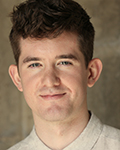
Noah Hutton
Noah Hutton is a film director and founder of the online magazine, The Beautiful Brain. He has presented on art and neuroscience at the Impakt Festival, Venice Biennale, Wellcome Collection, Rubin Museum of Art, and elsewhere. In 2015, Hutton was named a Salzburg Global Fellow in Neuroscience and Art and created Brain City, a multi-platform installation commissioned by New York City’s Times Square Arts Alliance. He is in the seventh year of work on his film Bluebrain, a 10-year documentary-in-the-making about the Human Brain Project, which was featured in the 2016 exhibition “Building Worlds” at the Museum of Design in Zurich. Previously, Hutton directed the award-winning documentary features Deep Time (SXSW 2015) and Crude Independence (SXSW 2009). He graduated from Wesleyan University, where he studied art history and neuroscience.
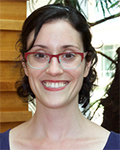
Karen B. Schloss, PhD
Karen Schloss is an assistant professor at the University of Wisconsin – Madison in the department of psychology and Wisconsin Institute for Discovery – Living Environments Lab. Her research focuses on how colors influence the way people think, feel, and behave. Schloss previously was an assistant professor of research in the cognitive, linguistic, and psychological sciences department at Brown University. She received a BA in psychology from Barnard College, Columbia University, and earned a PhD in psychology at UC Berkeley, where she worked with Stephen Palmer as a postdoctoral scholar.
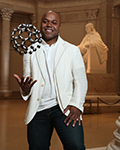
Frederic Bertley, PhD
Frederic Bertley is the senior vice president for science and education at the Franklin Institute. He oversees a portfolio of initiatives supporting innovation in STEM learning and departments and programs that capture the history and legacy of The Franklin Institute. Previously, Bertley managed multinational teams in Haiti, The Sudan, and the Canadian Arctic and joined a vaccine research group at Harvard Medical School focusing on the development of DNA vaccines for HIV/AIDS. In addition, he worked for three years at WilmerHale LLP (formally Hale and Dorr) as a technology specialist. Bertley has received numerous honors, some of which include: Dell Inc. Inspire 100 World Changers, Harvard Medical School Dean’s Service Award, Philadelphia Business Journal Minority Business Leader of The Year, and The President’s Award (Merck).He received his BSc, as well as PhD in immunology, from McGill University, and completed a postdoctoral fellowship at Harvard Medical School.
More in Professional Development
4 of 5 articles left
Login
or
Become a Member
to unlock content


